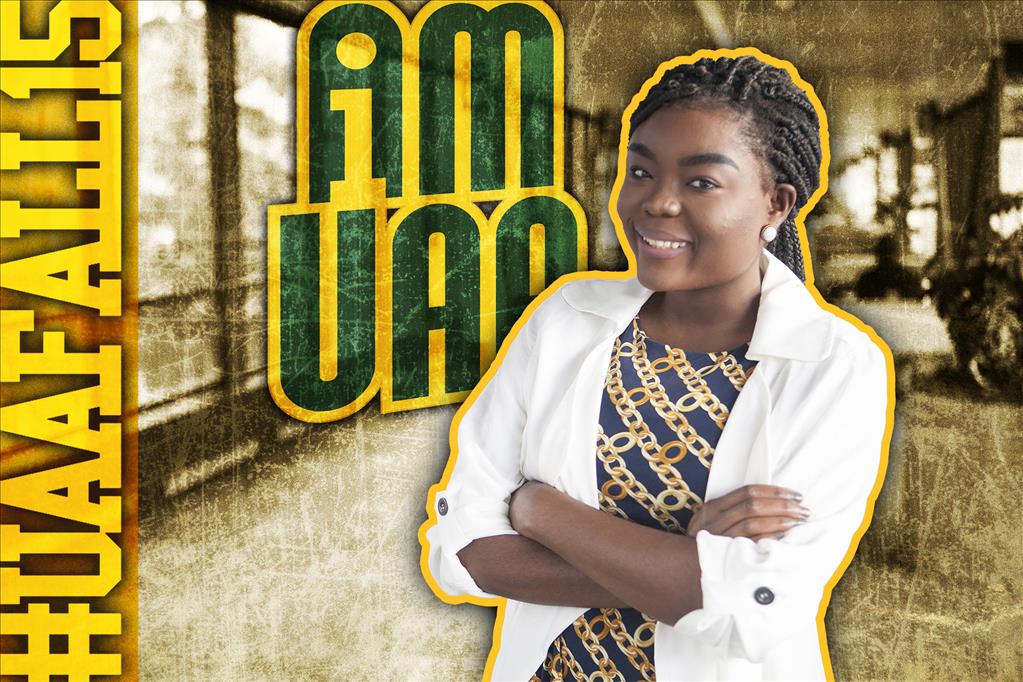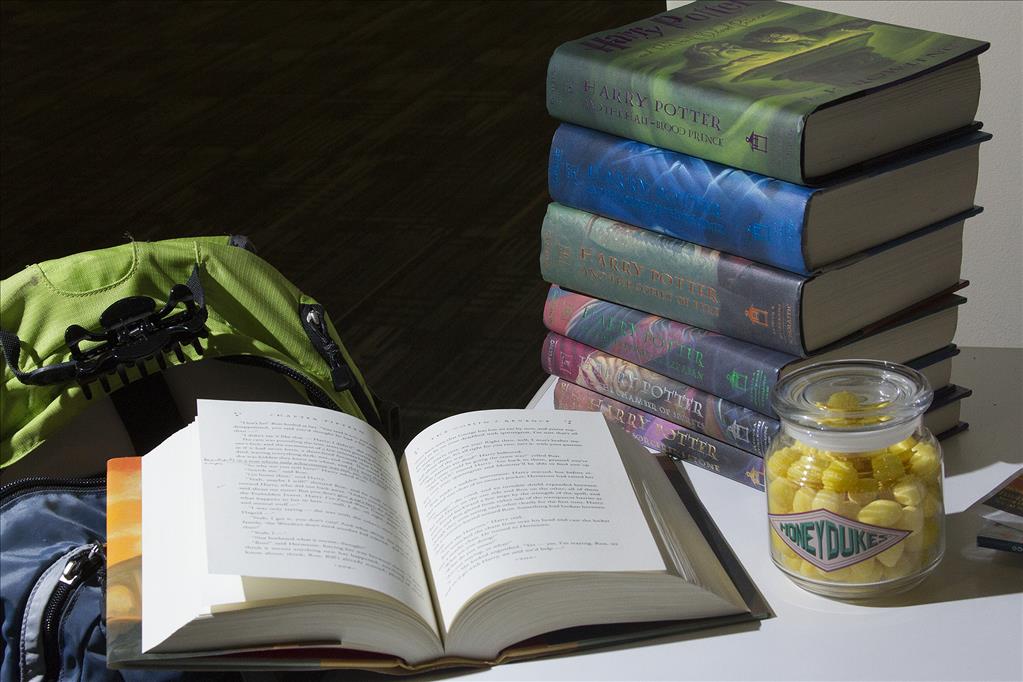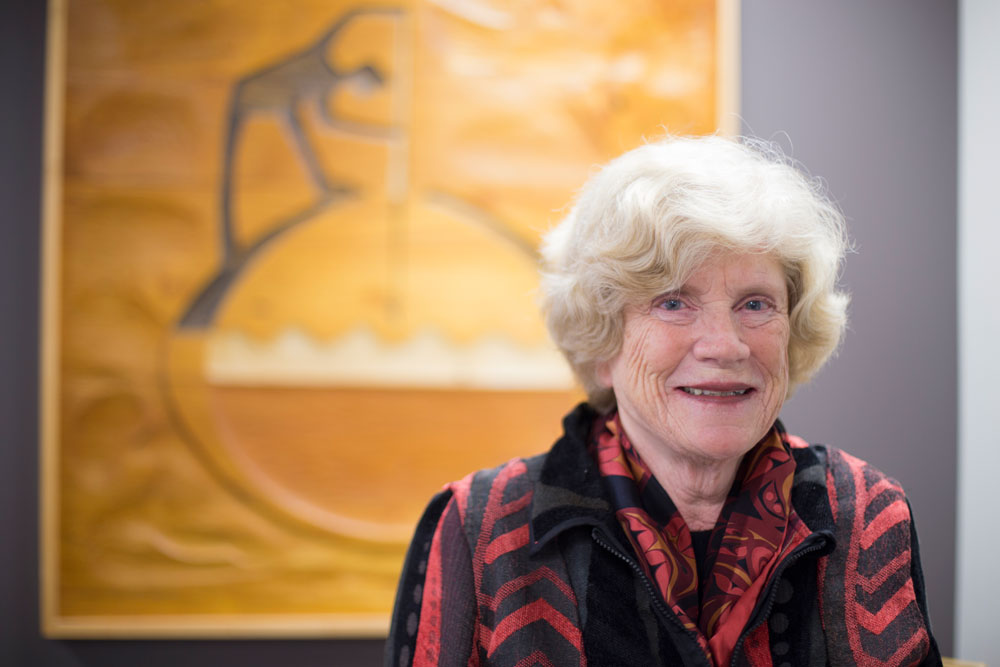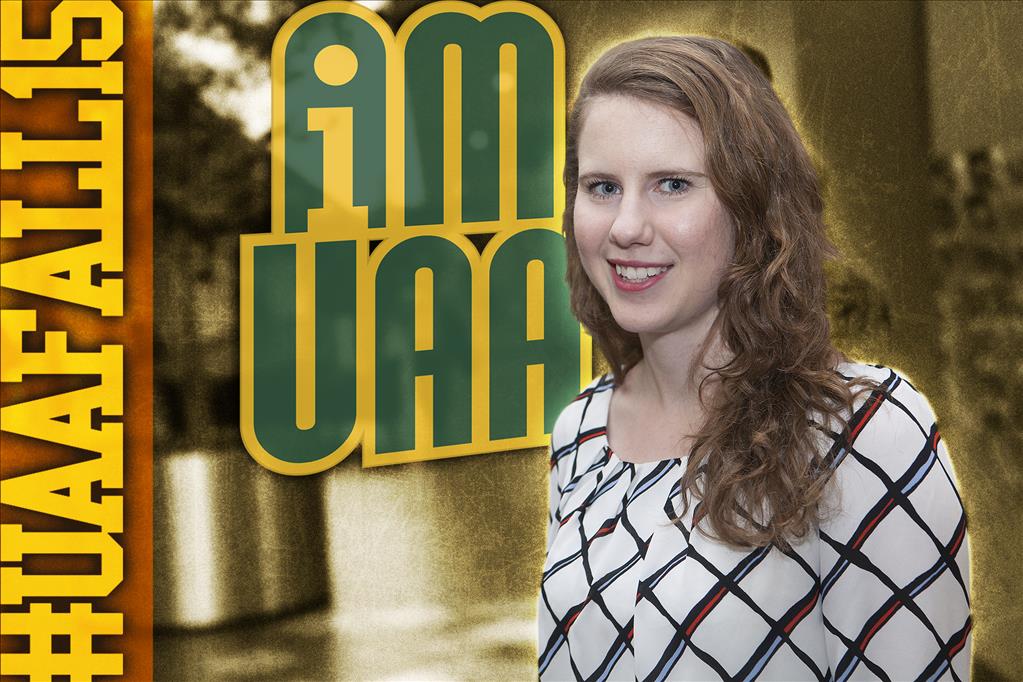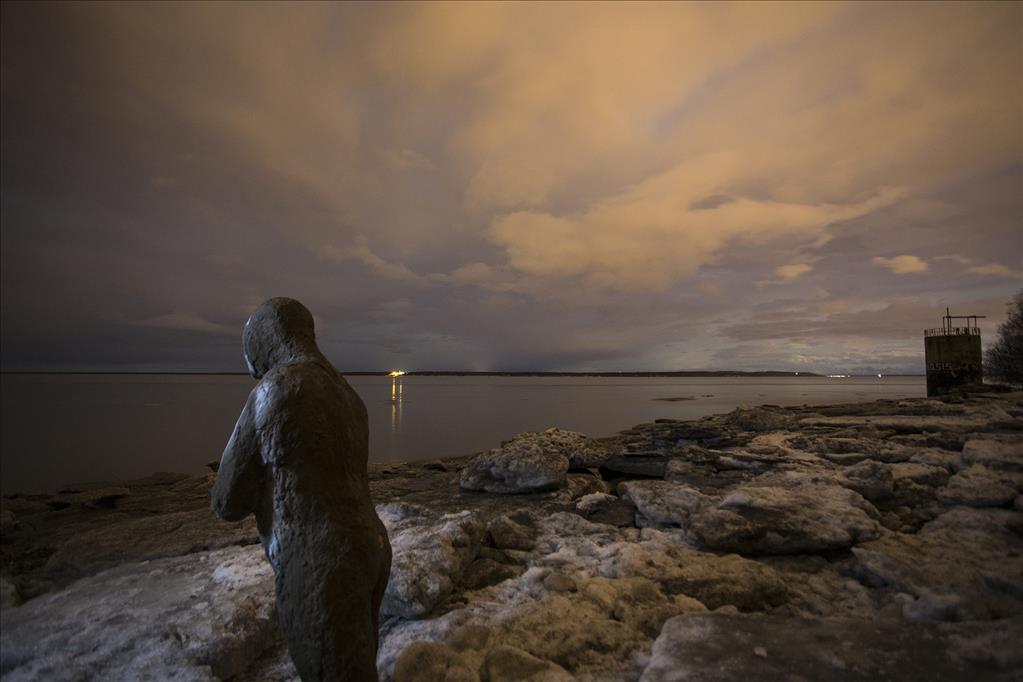Opening access to free legal help
by Tracy Kalytiak |
Seven years after moving here from Nigeria, Kenneth Odia and his wife bought a home in Anchorage.

Kenneth Odia, left, sought help from Alaska Legal Services Corp. attorney James J. Davis Jr. when a bank threatened to foreclose on his home. (Photo by Philip Hall/University of Alaska Anchorage)
Kenneth drove a cab while his wife worked as a personal-care assistant. They earned enough to make the house payments until the bank started adding a monthly charge for insurance the Odias neither needed nor wanted. The extra insurance nudged the Odias' monthly payment above what the couple could afford. They missed some payments and struggled to find a way to get back on track. The bank foreclosed on the Odias' house, sold the Odias' home to itself in the foreclosure sale, then filed an eviction notice to evict the couple and their three young children.
"I talked to the lenders," said Odia, a UAA student pursuing a master's degree in engineering management. "They said I could apply for modifications. I applied many times but they would not do modification even though I'm qualified. I had to find a lawyer because my home was going into foreclosure, but I didn't have enough money to pay lawyers."
Giving a hand up
While listening to the radio, Odia heard about Alaska Legal Services Corp. and learned it provides free legal help for people needing assistance with foreclosures and other civil cases. He called, and ALSC lawyer James J. Davis Jr. took the case.
Davis sued the bank, arguing the foreclosure and threatened eviction were illegal because Odia had repeatedly applied to the federal foreclosure avoidance program and because the insurance costs should never have been imposed by the bank on the Odias. ALSC successfully blocked the eviction so the Odia family could stay in their home. And recently, after months of hard-fought litigation, the bank finally agreed to review Odia's loan-modification application in an effort to keep the family in their home and avoid further litigation.
UAA's Center for Community Engagement & Learning is hosting a Think Tank session Feb. 5, spotlighting Alaska Legal Services Corp.'s efforts to provide free legal help to people throughout Alaska. The session will take place in the UAA/APU Consortium Library's Room 307 from 11:30-12:45 p.m.
Its focus question will be: How can our community bridge the civil legal justice gap in Alaska-the gap between the level of legal assistance available and the level necessary to meet the needs of low-income people?
CCEL's Think Tanks help nonprofit agencies engage with UAA students, faculty, staff and community individuals to achieve change.
"The idea was, all these nonprofits we work with all have something they're dealing with," Judith Owens-Manley, CCEL director, said. "These are social issues, so how would we as a community brainstorm these issues together?"
Accessing justice
Founded as a nonprofit organization in 1967, ALSC's 26 attorneys work in 11 offices throughout Alaska. ALSC provides civil legal services to low-income and disadvantaged people to ensure meaningful access to justice for all Alaskans-not just those who can afford it. In Alaska, 179,429 people live below 200 percent of the federal poverty level and are potentially eligible for ALSC services.
"For every applicant ALSC is able to assist with direct legal services, one person who seeks help is turned away due to insufficient resources," said Nikole Nelson, ALSC executive director. "They are forced to navigate the complex legal system alone or leave their problem unresolved. These unresolved problems can multiply, tearing families apart and driving them further into poverty...this is particularly heart-wrenching when we know there are laws that can prevent these outcomes, and that if we had resources to help, we could make a difference."
ALSC clients face civil legal issues ranging from consumer law, family law and domestic violence, housing problems, public benefits, health care complications, tribal law and other areas specific to veterans or the elderly.
Staff attorneys and lawyers who volunteer their services provide legal guidance and ALSC also provides self-help resources for people who want to handle their own civil cases.
ALSC can help more than 2,600 low-income Alaskans with direct legal aid each year, benefiting more than 6,400 individuals. Its most common cases involve family law issues domestic violence victims experience, followed by housing-related and health care issues, Nelson said.
Seventy percent of ALSC's clients are female, 43 percent are Alaska Native and more than 40 percent of the households it serves have children. ALSC serves thousands more through its self-help and community education outreach efforts.
Think Tank takes aim at gap
Those who suffer a civil injustice feel that gap most because people involved in civil cases don't have the same right and guarantee of a court-appointed attorney as defendants in criminal cases have, Nelson said.
Because these people cannot afford a lawyer, she said, they are unable to access legal avenues that could offer them ways out of their predicament and-like Odia-face the prospect of losing their home or livelihood.
"They are forced into court proceedings unrepresented on issues that make the difference between shelter and homelessness, food on the table and hunger, economic stability and bankruptcy, safety and domestic violence and productive work and unemployment," she said.
While ALSC succeeds in 86 percent of the cases it has litigated for its clients, Nelson said, it cannot overcome the justice gap alone. The Think Tank might uncover new ideas and possible solutions.
"For every positive story, there is one about how someone was prevented from accessing the justice system," she said. "In order to ensure equal access to justice for all, we need to find new ways as a community to bridge the justice gap."
Remaining whole
Odia, his wife and their three children are living in their home as their case makes its way through the court system.
"[Davis] could understand my problem and he was able to direct it to the right channel to file it in the court for me," Odia said. "If I didn't have access to [ALSC], there was nothing I could do. I would not be living in my home today; I would have been kicked out. Now, I'm making payments. It's almost completely resolved."
Written by Tracy Kalytiak, UAA Office of University Advancement
 "Opening access to free legal help" is licensed under a Creative Commons Attribution-NonCommercial 4.0 International License.
"Opening access to free legal help" is licensed under a Creative Commons Attribution-NonCommercial 4.0 International License.










